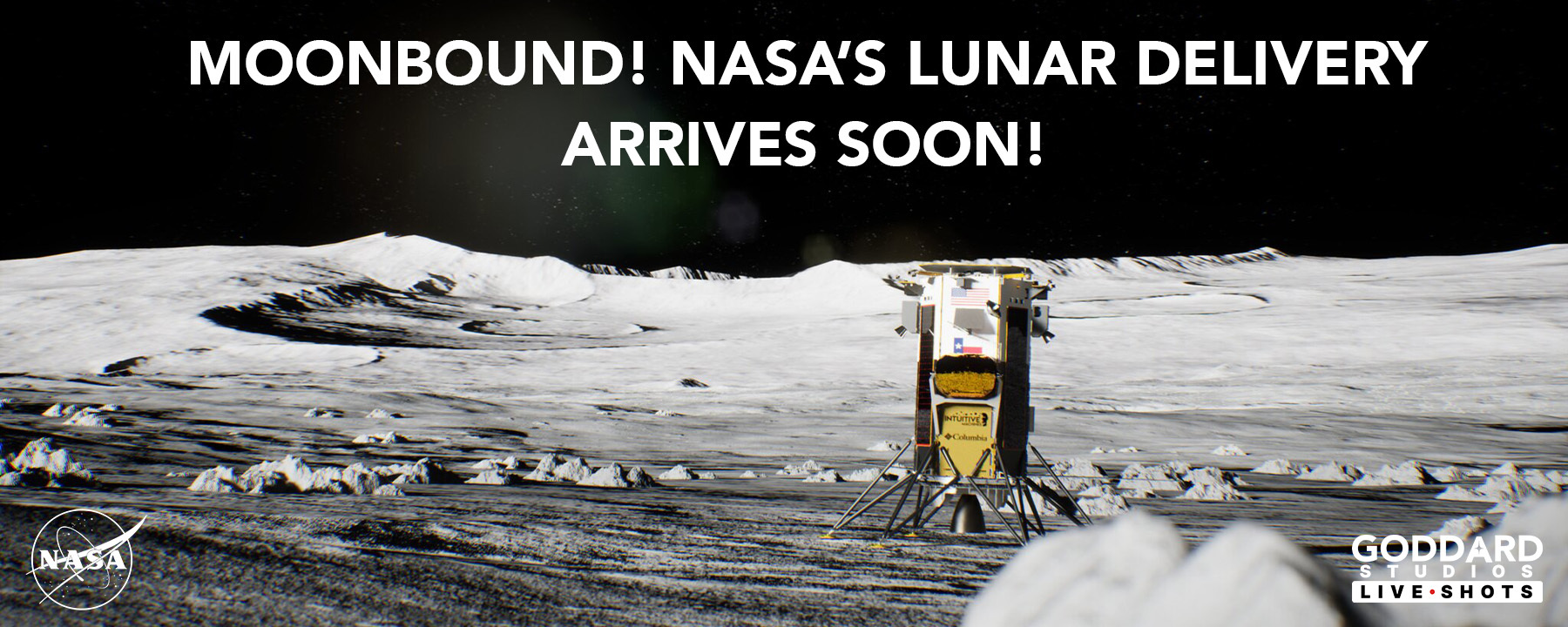From the Moon to the Earth
The virtual camera flies from the far side of the Moon, beneath the lunar South Pole, to the Earth's sunlit hemisphere.
This visualization flies the virtual camera from the far side of the Moon, beneath the lunar South Pole, and onward to Earth. The heavily cratered lunar far side includes the dark basalt of Mare Moscoviense (top left) and Tsiolkovskiy crater (far left) and the darkened expanse of the ancient South Pole-Aitken basin (bottom). The striking blue of the Earth's oceans is initially hidden from view by the looming Moon.
Credits
Please give credit for this item to:
NASA's Scientific Visualization Studio. Blue Marble data is courtesy of Reto Stockli (NASA/GSFC).
-
Visualizer
-
Ernie Wright
(USRA)
-
Ernie Wright
(USRA)
-
Producer
- David Ladd (Advocates in Manpower Management, Inc.)
-
Technical support
- Laurence Schuler (ADNET Systems, Inc.)
- Ian Jones (ADNET Systems, Inc.)
Series
This page can be found in the following series:Datasets used
-
BMNG (Blue Marble: Next Generation) [Terra and Aqua: MODIS]
ID: 508Credit: The Blue Marble data is courtesy of Reto Stockli (NASA/GSFC).
This dataset can be found at: http://earthobservatory.nasa.gov/Newsroom/BlueMarble/
See all pages that use this dataset -
DEM (Digital Elevation Map) [LRO: LOLA]
ID: 653 -
LROC WAC Color Mosaic (Natural Color Hapke Normalized WAC Mosaic) [Lunar Reconnaissance Orbiter: LRO Camera]
ID: 1015This natural-color global mosaic is based on the 'Hapke normalized' mosaic from LRO's wide-angle camera. The data has been gamma corrected, white balanced, and range adjusted to more closely match human vision.
See all pages that use this dataset
Note: While we identify the data sets used on this page, we do not store any further details, nor the data sets themselves on our site.
Release date
This page was originally published on Wednesday, October 5, 2022.
This page was last updated on Monday, January 6, 2025 at 12:27 AM EST.
